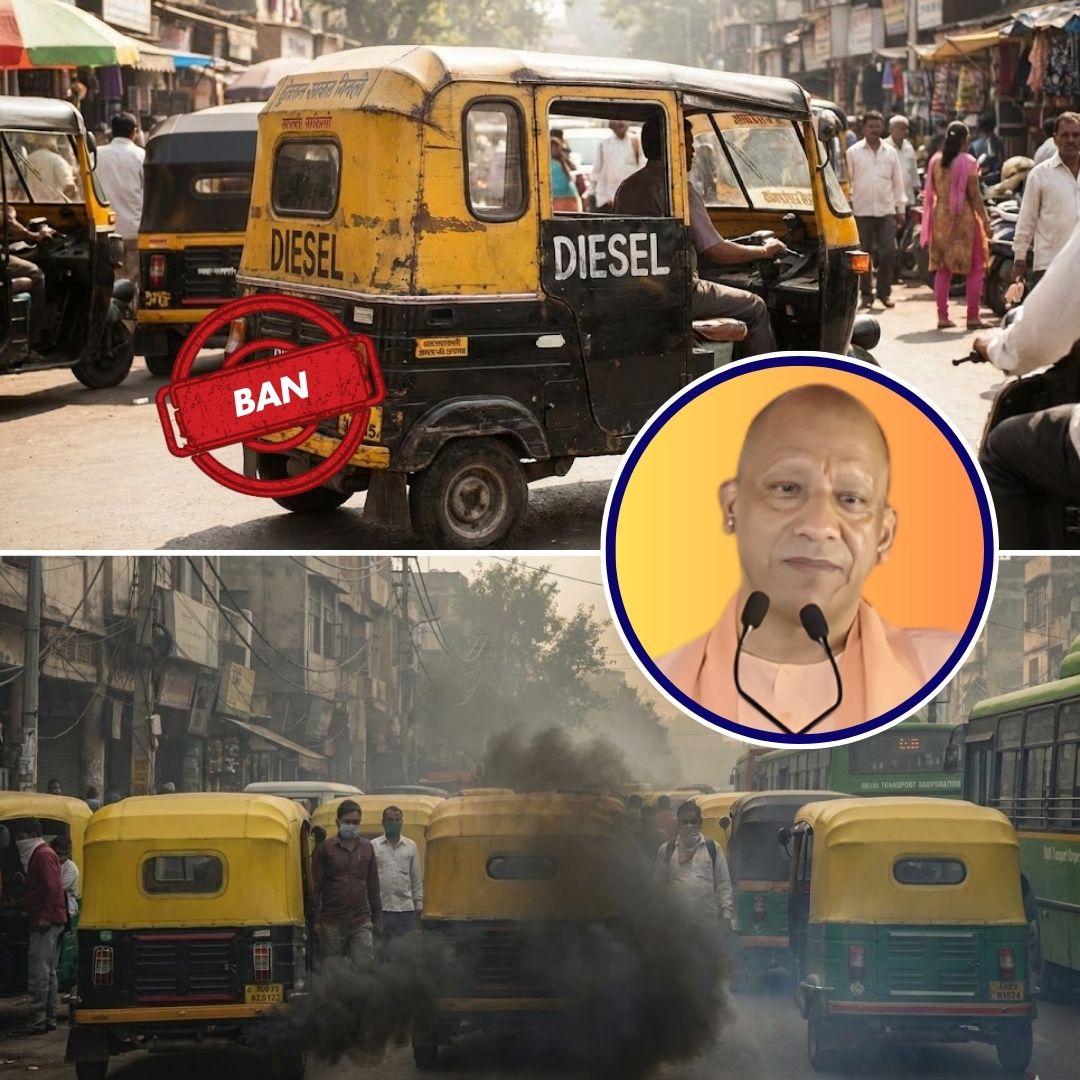The Uttar Pradesh government has imposed an immediate ban on diesel autorickshaws in Gautam Buddha Nagar (Noida) and Ghaziabad as part of a broader strategy to combat worsening air pollution in the National Capital Region (NCR).
This ban marks the first phase of a larger plan to phase out diesel autorickshaws in several UP districts that fall within NCR, including Meerut, Hapur, Bulandshahr, Muzaffarnagar, Shamli, and Baghpat. Baghpat district will enforce a complete ban after December 31, 2025, with other districts following through by the end of 2026.
The Meerut Regional Transport Authority has already ceased issuing and renewing permits for diesel autorickshaws, signaling a decisive shift in urban transport management.
Comprehensive Measures to Tackle Pollution
Road dust has been identified as one of the primary contributors to the region’s pollution woes, alongside vehicular emissions. To address this, the government has launched an action plan that includes road redevelopment projects, intensified dust suppression measures, and large-scale cleanliness drives targeting urban areas.
Authorities in Noida and Greater Noida have introduced anti-smog guns, sprinklers, and mechanical road sweeping systems to reduce airborne particulate matter generated by road dust.
For effective coordination, the principal secretary of the Environment, Forest and Climate Change Department has been appointed as the nodal officer, with a project monitoring unit including senior officials from Urban Development, Public Works, Housing and Urban Planning, and Industrial and Infrastructure Development departments.
Context
The ban on diesel autorickshaws aligns with wider regional efforts to tackle the annual spike in air pollution during winter months. Delhi, which shares the NCR with Uttar Pradesh, has also implemented pollution control measures, including distributing electric heaters to reduce emissions from traditional coal and wood burning.
The diesel autorickshaw ban is expected to encourage the adoption of cleaner vehicle technologies such as compressed natural gas (CNG) and electric vehicles, which have a lower environmental footprint.
While the government has not yet articulated support mechanisms for autorickshaw drivers affected by the ban, the policy aims to protect public health by improving air quality across the region.
The Logical Indian’s Perspective
The decision to ban diesel autorickshaws is a significant and necessary step to safeguard the environment and public health in the NCR, given the grave levels of pollution affecting millions.
However, any such sweeping change must be implemented with empathy and social responsibility, ensuring that those who depend on diesel autorickshaws for their livelihoods are adequately supported in transitioning to cleaner transport options.
The Logical Indian advocates for approaches that harmonize environmental goals with social equity, fostering dialogue, understanding, and cooperation among all stakeholders.












